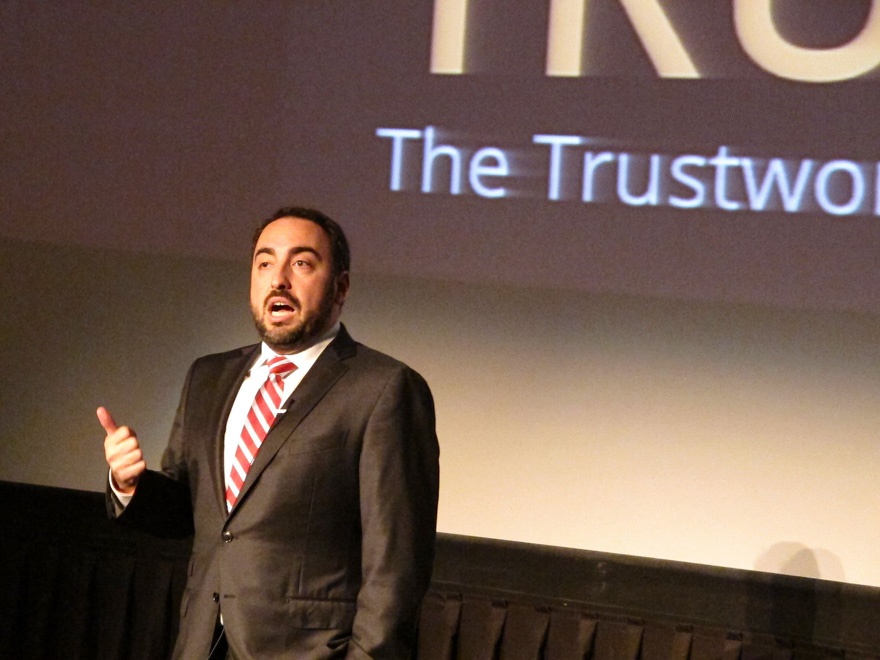Freeman-Spogli Institute (FSI) adjunct professor, visiting fellow at the Hoover Institution and former Facebook Chief Security Officer (CSO) Alex Stamos is teaching an autumn quarter course addressing contemporary cybersecurity issues in an effort to prepare students for technology’s prominence as both a friend and foe in the modern world. The course — titled INTLPOL268: “Hack Lab” — also aims to highlight the value of Silicon Valley research and University interplay in the context of information.
In the past two years, cyber-attacks have crippled hospital systems in the United Kingdom, compromised the security of some three billion Yahoo accounts and stolen advanced hacking tools from the United States National Security Agency (NSA). The cybersecurity scandal that has generated perhaps the most publicity is the influencing of Facebook news feeds by largely Russian extranational interests.
As Facebook’s CSO during the time of the Kremlin’s transgressions against social media users, Stamos is able to provide an insider’s professional perspective on the question of cybersecurity.
“[Stamos] brings so much experience working with security in the real world, which includes the technical side, the real-life trust and privacy aspects and the geopolitical implications,” said Amy Xu ’18 M.S. ’19, the course TA.
The course’s syllabus consists of traditional lectures about the technology behind common forms of cyber warfare alongside hands-on labs in which the students are tasked with deploying technology to uncover flaws in technological systems. Through the course, students are intended to gain acute comprehension of hacking methods as well as the ability to apply this knowledge to cybersecurity investigations.
“The goal of the class was to give people … a little bit of hands-on practical experience so they can feel what it is like to break into a computer,” Stamos said. “The vast majority of people who are making [decisions about cybersecurity] have never actually hacked into a computer, and have never had to defend a computer, and it really does change how you look at things when you have hands-on experience.”
One aspect of INTLPOL268 that Stamos values is its accessibility. In contrast to other Stanford’s other cybersecurity-related courses like CS255: “Introduction to Cryptography,” INTLPOL268 is open to students with no prior computer science experience. According to Stamos, this is in accordance with the course’s goal of educating the leaders of tomorrow about the essence and importance of cybersecurity.
“From my experience, I feel like we need a lot [of] more diverse sets of people with different backgrounds to get into cybersecurity,” Stamos said.
In addition to covering technical knowledge, Stamos also lectures about policy introspection and personal anecdotes regarding real-life cybersecurity problems he has tackled.
Sahar Markovich ’21 said INTLPOL268’s theme and instructor drew her to the course.
“I’m in this class because I am very interested in cybersecurity, and it’s a great introductory offering from [someone] who is very prominent in the field,” Markovich said.
This article has been corrected to reflect Alex Stamos’ accurate title at Stanford. The Daily regrets this error.
Contact Matthew Dardet at mattdar ‘at’ stanford.edu.
